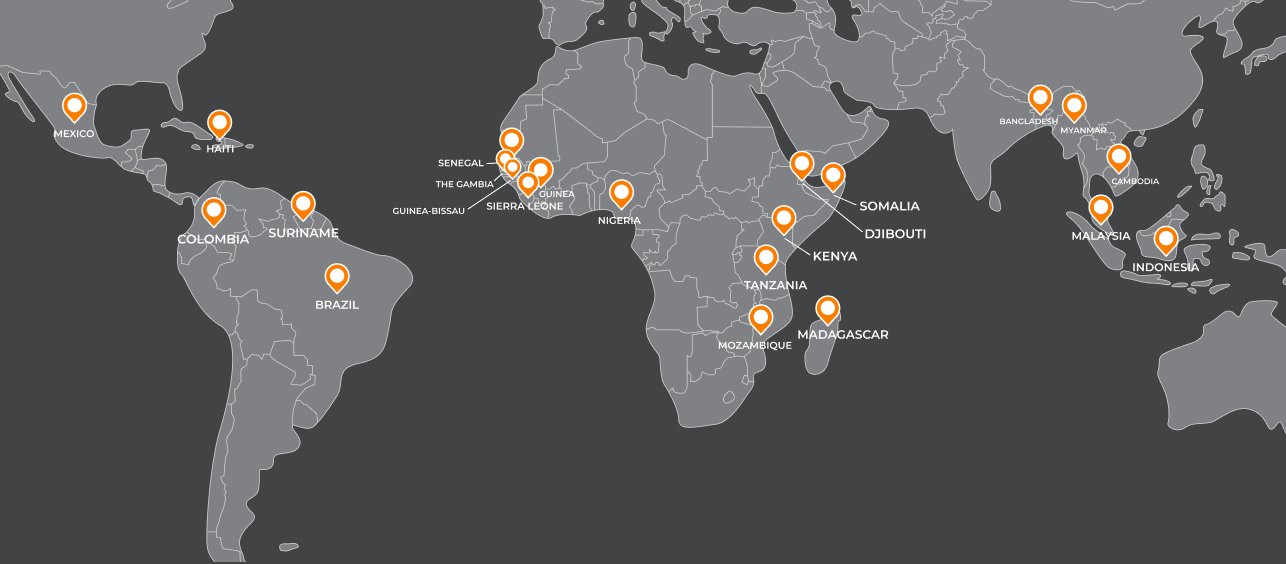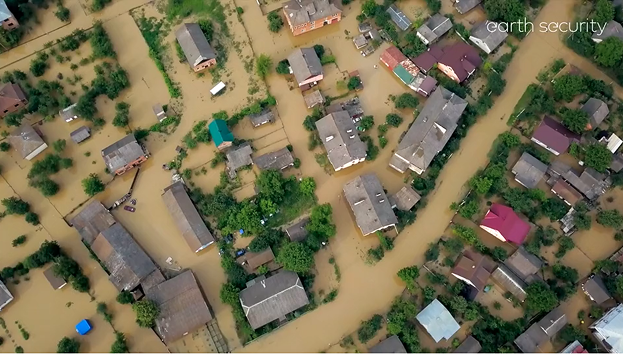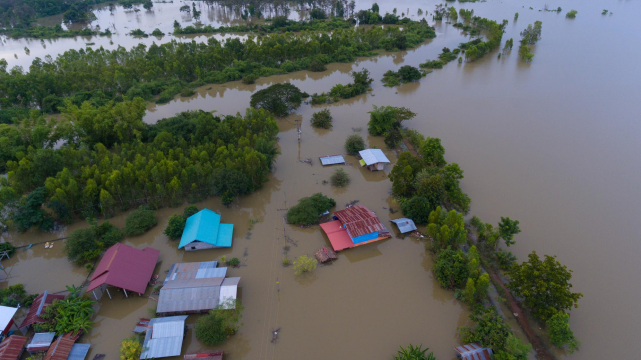London/Geneva, 19 September: The Earth Security launched today the Earth Security Report 2017, providing valuable insight for global business on how to align long-term growth to the specific demands for social inclusion and environmental security that are prevalent in the countries in which they operate, while navigating the risks and opportunities encapsulated within the wider Sustainable Development Goal (SDG) agenda.
The Report, produced by the Earth Security, analyses the various environmental, social and governance pressures that stand to undermine global security and prosperity across a selection of key regions and sectors.
This analysis is visualized through data on 39 converging pressure points, which are also clearly mapped within the context of the SDGs. The report then goes on to make a series of recommendations to business, financial institutions and policy-makers with regard to how to advance the sustainable growth imperatives that are most critical to the specific contexts in which they operate.
Endorsed by the World Business Council for Sustainable Development (WBCSD) as a global outreach partner and supported by HSBC Bank and the Swiss Agency for Development and Co-operation, the Earth Security Report underlines the need for businesses to align the impact of their operations to the needs of the societies in which they operate.
Of the report’s launch, Earth Security Group CEO, Alejandro Litovsky, noted, “This year’s report marks a new milestone in our mission to align private sector growth with the sustainable development priorities of countries. The Earth Security Report 2017 redefines business metrics by putting forward a practical method for business and investors to define the actions that matter to their sustainable growth.”
Peter Bakker, President and CEO of WBCSD, commented: “Earth Security Group’s emphasis of a systems-based approach to rethinking business models is commendable, with companies focussing on SDGs that are material to their growth and resilience.
“The work reinforces the fact that none of this can be accomplished alone by business or any group of stakeholders. Good governance, economic incentives, appropriate and robust legal and institutional framework conditions and public-private partnerships are essential.”
Explore the reports
The Earth Security Index Reports provided in-depth analysis of critical themes across selected industries and market geographies, enabling investors to anticipate and respond to emerging global dynamics. Download and explore the full Earth Security Index reports:












































